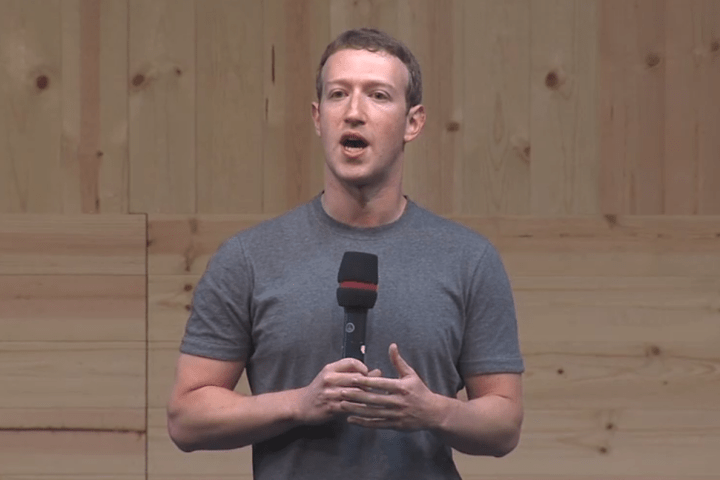
The allegations, which were made by former employees contracted by the social network to perform work relating to the news feed, appeared in a report from the Gawker-owned website Gizmodo.
In addition to harsh criticism of the working conditions for journalists contracted by Facebook to curate its top-secret trending news feed, ex-workers claimed that the platform has an approved list of media companies.
Among the preferred news outlets listed in the report are the New York Times, the BBC, and CNN. Additionally, the article claims that trending articles from right-wing sites such as Breitbart, The Washington Examiner, and Newsmax were routinely rejected unless they appeared on the aforementioned “mainstream” outlets list.
“I’d come on shift and I’d discover that CPAC [Conservative Political Action Conference] or Mitt Romney or Glenn Beck or popular conservative topics wouldn’t be trending because either the curator didn’t recognize the news topic or it was like they had a bias against Ted Cruz,” a former news curator told Gizmodo.
On Monday, Facebook released an emailed statement denying the accusations.
“We take allegations of bias very seriously. Facebook is a platform for people and perspectives from across the political spectrum. Trending Topics shows you the popular topics and hashtags that are being talked about on Facebook. There are rigorous guidelines in place for the review team to ensure consistency and neutrality. These guidelines do not permit the suppression of political perspectives. Nor do they permit the prioritization of one viewpoint over another or one news outlet over another. These guidelines do not prohibit any news outlet from appearing in Trending Topics.”
It is also important to note that the Gizmodo piece found no actual evidence that Facebook management “mandated or was even aware of any political bias at work.” Moreover, Stocky’s statement notes that “reviewers’ actions are logged and reviewed, and violating our guidelines is a fireable offense.” The VP’s Facebook post also draws attention to previous accusations about planted trends, including the #BlackLivesMatter movement. In response, Stocky said, “We do not insert stories artificially into trending topics, and do not instruct our reviewers to do so. Our guidelines do permit reviewers to take steps to make topics more coherent, such as combining related topics into a single event (such as #starwars and #maythefourthbewithyou), to deliver a more integrated experience.”
Nonetheless, the growing coverage of the report, which is now itself a trending topic on Facebook, has thrown serious doubt over the supposed “organic” nature of Facebook’s news feed. Since its publication, conservative sites have criticized the social network over its alleged boycott of right-wing news. And given Facebook’s growing burgeoning influence in media, it comes as little surprise that these latest allegations have set off a firestorm across both the journalistic and readers’ communities.
“Facebook’s deliberate blacklisting of … conservative outlets … shouldn’t come as any surprise,” wrote right-leaning news site The Federalist. “The only thing that is surprising is why conservatives would trust organizations like Facebook to provide honest and unbiased accounts of what’s happening in the world.”
Meanwhile, Breitbart news editor-in-chief Alex Marlow told the Guardian that the report reinforced “what conservatives have long suspected: Facebook’s trending news artificially mutes conservatives and amplifies progressives.”
The accusations of bias aren’t aided by the fact that Facebook CEO Mark Zuckerberg has publicly challenged the views associated with GOP frontrunner Donald Trump, with some of his employees following suit.
Facebook’s decision to reverse its position and agree to sponsor the Republican convention in July, however, may illustrate the firm’s willingness to take a more inclusive approach.
With so many people now using social media to access news, Facebook will have to rally against accusations of bias, or else it may end up alienating a significant portion of its 1.65 billion user base.

